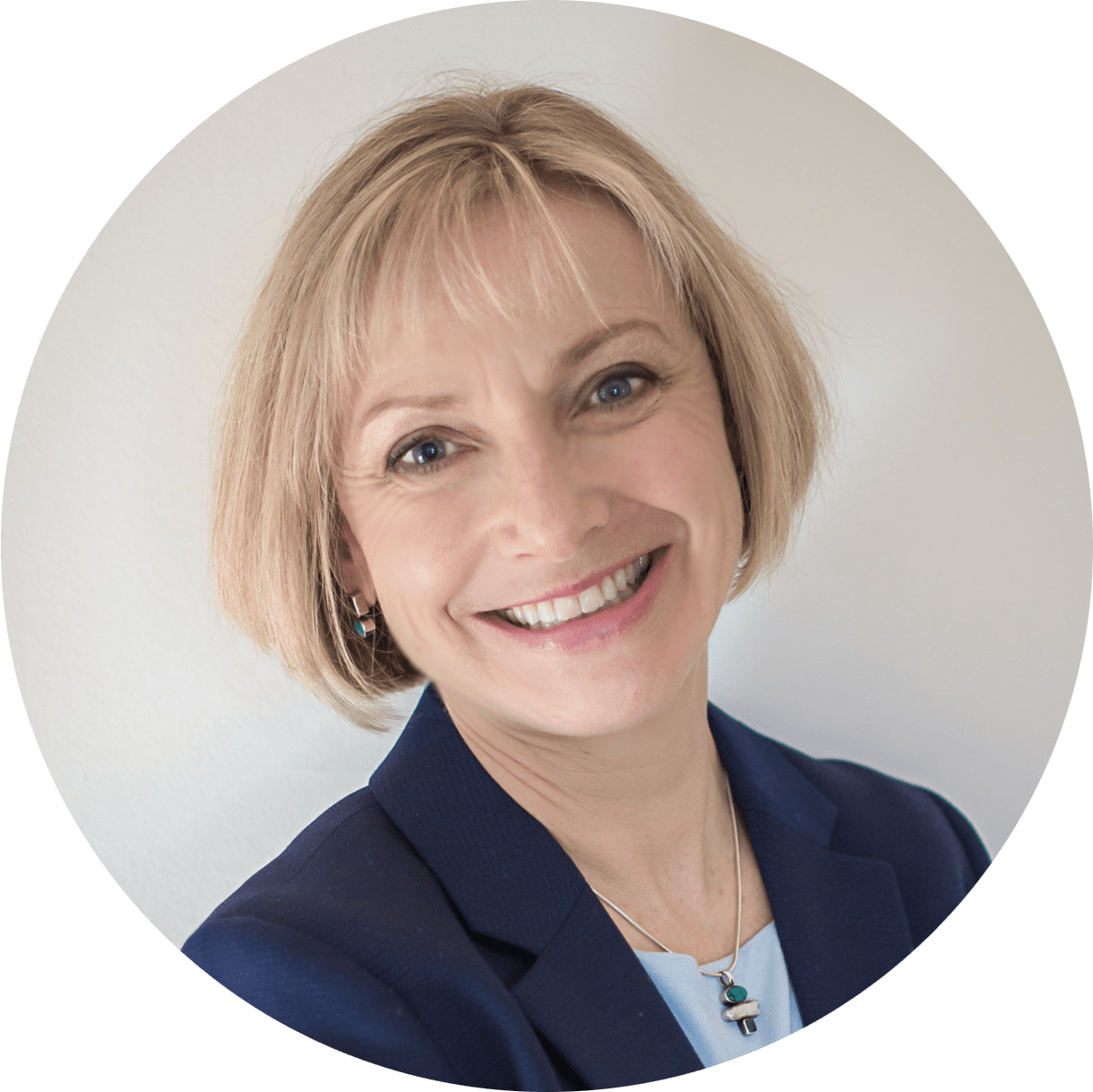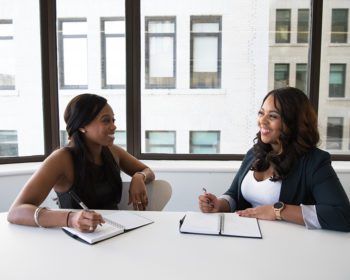The developmental journey: How do executive coaches identify their development needs?
Discovering how executive coaches can build their capability and acquire expertise.
Executive coaches play a significant role in the field of coaching as they support the development of business leaders and senior managers. They are often viewed as critical thinking partners and sounding boards, to help their clients address developmental issues, realise potential and drive business performance. However, the genuine value the coach brings is through partnering in ‘developmental dialogues’ which encourage the shifts in perspective that underpin new learning and growth. This is about enhancing capacity to navigate uncertainty, complexity and ambiguity. It is about building the capability for ‘practical wisdom’.

Written by Elizabeth Crosse
The conundrum
If coaches are to be a catalyst for such change, how can they ensure meaningful developmental growth themselves? The best coaches are committed to continuous learning and growth, which goes beyond the need to meet client and professional bodies’ requirements for CPD. However, the way in which development is approached is often unstructured and haphazard.
Practitioner literature is geared towards expanding and enriching a coach’s current ways of being by providing information, knowledge and new skills. Academic literature draws on adult development and learning theories, suggesting a focus on the development of ‘self as the instrument of practice’. How do coaches become better at managing different perspectives and become more nuanced in responding to the complex dynamics of the coaching relationship?
As coaches we recognise that investing in our development enables us to ask challenging questions of ourselves and take our practice to the next level. However, there is little to guide an informed exploration of developmental options and how we acquire expertise.
How do I become a better coach?
This is a question I have asked myself, and have heard so often from coaches I work with. There will be a different answer for each coach. We all have unique requirements and unique ways of building capability and developing expertise. There is not a generic approach to development or linear steps to ‘mastery’.
And this is the inspiration for my doctoral study. I aim to improve our understanding of how coaches acquire expertise, by exploring what they consider and think about when addressing their development. In September 2021, I’ll be embarking on the second stage of this research, an extensive online survey to explore what executive coaches consider important when identifying their development needs.
How can I participate in the survey?
If you would like to participate in the survey, please read the background information here.
For more information on how Maximum Coaching can support coaches click here, or give us a call on 01582 463461 to discuss any of your coaching needs – we’re always happy to help.
Elizabeth Crosse is a Master Certified Coach (MCC) and holds three Masters degrees including an MA in Coaching and Mentoring. She draws on a rich repertoire of practice based and academic knowledge to support coaches on their journey of self-discovery and professional development.




